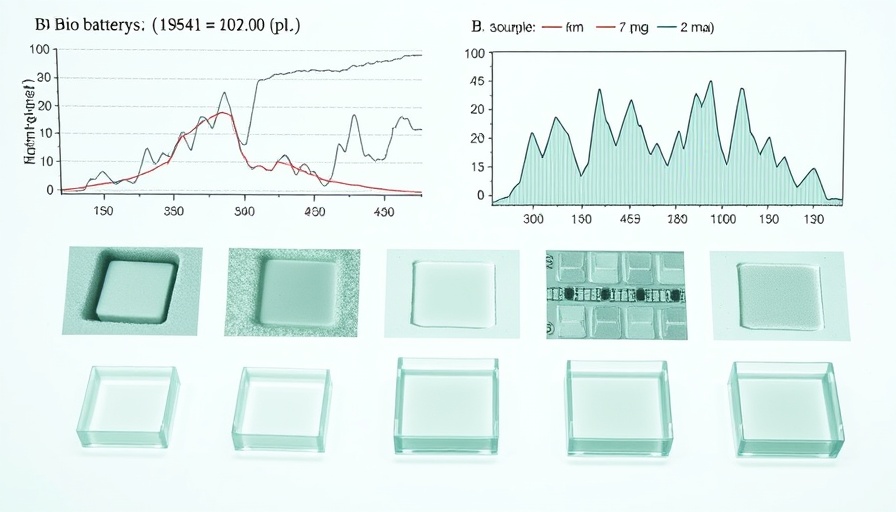
Revolutionary Portable Bio-Battery Utilizes Living Hydrogels to Control Nerve Signals
Imagine a future where medical devices are powered by living microorganisms, adapting to our bodies and needs in real time. That future is on the horizon with the groundbreaking developments at the Shenzhen Institutes of Advanced Technology. A recent study led by Zhong Chao and colleagues has unveiled a portable bio-battery constructed from living hydrogels that could revolutionize nerve signal modulation and bioelectrical stimulation.
Innovative Take on Biological Energy
This mini bio-battery is not just about generating energy; it’s a leap toward sustainable technology. Traditionally, batteries rely on critical minerals like cobalt and lithium, which can harm the environment. Instead, this new bio-battery uses the metabolic activity of Shewanella oneidensis MR-1, a type of bacteria, to convert biological processes into electrical energy. This innovation could shift the paradigm in how we view and utilize biological materials in tech.
The Science Behind Living Hydrogels
The bio-battery integrates these live bacteria within alginate hydrogels, allowing for the creation of 3D printed components that can be customized for specific applications. The utilization of living hydrogels helps maintain high viability rates; the bacteria remain alive and effective throughout the operational cycles, achieving over 70% viability even after extensive use. This is crucial for applications in medical devices where continual function is vital.
Why This Matters: Health Implications
The ability to control nerve signals with precision opens doors to numerous health applications. Imagine a biosensor that not only tracks physiological signals but also actively engages with the body’s processes to deliver targeted electrical stimulation. Such advancements could potentially lead to breakthroughs in pain management, rehabilitation therapies, and neurological treatments.
Comparison to Traditional Batteries
While the bio-battery currently has lower energy density and power density compared to conventional lithium-ion batteries, its strength lies in sustainability and biocompatibility. As we strive for cleaner technology, bio-batteries could provide an eco-friendly alternative by harnessing renewable biological resources, making them a favorable option for future innovations in medical technology.
A Look Ahead: Future Trends in Biotech
With advancements like these, we are witnessing the emergence of biotech solutions that align more closely with nature. As researchers explore how to enhance the capabilities of bio-batteries, we can anticipate a future where our medical devices are not just powered by electricity but by our own biological systems.
In conclusion, the development of portable bio-batteries represents not only a technological advancement but a paradigm shift in how we integrate biology with technology. As these innovations continue to progress, they may open new avenues for health and sustainability in ways we are just beginning to imagine.
Are you excited about the future of bio-technology and its potential impact on health? Stay informed about these developments and consider how they might shape the well-being of our society.
 Add Row
Add Row  Add
Add 




Write A Comment